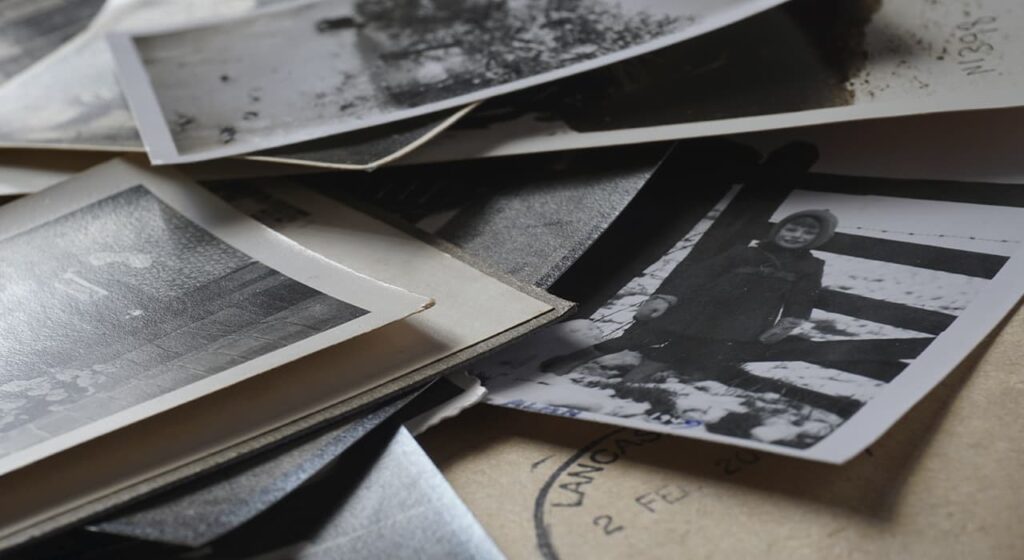When you are just starting genealogy research, it is a good idea to choose one particular set of records or collection to search before moving on to another so that you keep track of your research. It is much easier to stay organized and manage your research by processing one record at a time. In addition, searching individual sets of records yields better search results.
Census records
Census records are important for genealogy research because they can indicate family relationships, reveal vital details about your ancestor’s life, and they were required by the government, so it is very unlikely that your ancestor will be missing from the census (although it does happen). The first U.S. census was taken in 1790 and has been recorded every 10 years since, so you have many decades at your fingertips to search and track your family. Our U.S. and Canadian census collections contain over 678 million records, and it is estimated that approximately 90% of the U.S. population was successfully covered in each census, so it is very likely that you will find your ancestors in the census records. Since censuses contain information about households, find out who is related to whom in your family tree and learn important information such as years of birth and death.
But if you think census records are just for beginners, think again. It’s always a good idea to revisit them as you learn more about your family history because there are errors recorded there, and you never want to rely on one source to confirm facts about your family.
Marriage records
Marriage records are a great place to find your ancestors at an early stage because they contain information about both your ancestors and their immediate family members. A marriage record will likely give you two sets of details, one for the bride and one for the groom. Both will contain information about each side of the family, revealing maiden names and family relationships you may not have, other records you have been searching for.
Birth records
Birth records are essential for genealogy research because they cover key life events and contain useful information to take your family history back further. Birth records are often primary sources, sources that were created at the time of the event, so the information in them is quite reliable. Having these reliable sources of family history will help you form the basis for verifying information during your research.
Death records
Death records are similar to birth records in that they record key life events and provide useful information about your family members. Death records are also a great reference point for your research because they will help you create a clear timeline and estimate family relationships based on the information provided. It is important to look for death records early in your family research as these are the most recent records of the ancestor you are tracing. Remember that it is always best to start with the most recent records and work backwards from there.
Starting with these four collections of records will give you those vital details that will help you create a clearer and more organized timeline as your genealogy research progresses. What’s more, these basic records often lead to discoveries in other resources, helping you learn even more about your ancestors and bring their story to life.
